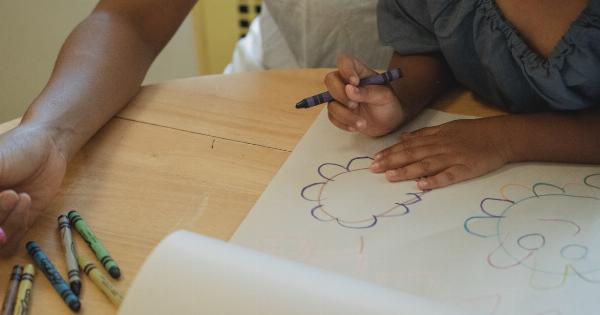Google has paid tribute to the groundbreaking work of Anna Freud by featuring her in a Google Doodle on her birthday.
Anna Freud, the youngest daughter of Sigmund Freud, was a renowned psychoanalyst and an influential figure in the field of child psychology. The Doodle celebrates her contributions to psychology and highlights her impact on the understanding and treatment of child development and mental health.
Early Life and Education
Anna Freud was born on December 3, 1895, in Vienna, Austria-Hungary. She was the sixth and youngest child of Sigmund Freud and Martha Bernays.
Growing up in a household with a father who would later be known as the father of psychoanalysis, Anna Freud was exposed to various psychological theories and discussions from a young age.
Despite being the youngest, Anna Freud held a special place in her father’s heart. Sigmund Freud once described her as his favorite child and believed that she had great potential in the field of psychology.
Inspired by her father’s work, she pursued education in the field of psychology.
Contributions to Child Psychology
Anna Freud’s most significant contributions lie in the field of child psychology. She worked extensively with children and adolescents, developing new techniques and methods for understanding and treating childhood disorders.
One of her notable contributions was the establishment of the Hampstead Child Therapy Course and Clinic in London in 1952.
The clinic became a major center for child psychoanalysis and treatment, offering crucial support to children and families dealing with various psychological issues.
Anna Freud emphasized the importance of understanding a child’s perspective and the impact of early experiences on their psychological well-being.
Her theories on defense mechanisms in children, such as identification and repression, helped revolutionize the field of child psychology.
She also coined the term “ego psychology,” which emphasized the significance of the ego in guiding an individual’s behavior and personality development. This concept has since become a cornerstone of psychological theory and practice.
The Legacy of Anna Freud
Anna Freud’s dedication and contributions to child psychology left an indelible mark on the field. Her work helped shape our understanding of child development, mental health, and the importance of early intervention.
Her tireless efforts in advocating for the well-being of children and her groundbreaking research have inspired generations of psychologists and mental health professionals.
She played a pivotal role in destigmatizing mental health issues in children and highlighting the importance of specialized care and treatment for young minds.
Anna Freud’s legacy lives on through the Anna Freud National Centre for Children and Families, which continues to provide support, training, and research opportunities in the field of child mental health.
The center’s work is a testament to Anna Freud’s commitment to improving the lives of children and her enduring influence on the field of psychology.
Recognition and Honors
Anna Freud’s significant contributions to psychology earned her numerous accolades and honors throughout her lifetime. In 1967, she was awarded the Goethe Prize for her outstanding contributions to psychoanalysis.
She was also made an honorary member of the British Psychoanalytical Society.
Furthermore, Anna Freud was a founding member of the Hampstead Child Therapy Course and Clinic, which received widespread recognition and praise for its innovative approach to child psychoanalysis.
Despite facing challenges as a female psychologist during her time, Anna Freud’s perseverance and dedication to her work led to widespread recognition and respect from her peers and the field of psychology as a whole.
Continued Influence
Anna Freud’s work continues to shape the field of psychology and influence the way we understand and approach childhood mental health. Her theories and techniques are still widely studied and applied in various clinical settings.
Her emphasis on early intervention and the importance of providing specialized care for children with psychological issues has had a lasting impact on the mental health profession.
Today, child psychologists and practitioners draw inspiration from Anna Freud’s work to provide effective and evidence-based treatments for children and adolescents.
Anna Freud’s legacy also extends beyond her contributions to child psychology.
Her role as a pioneer for women in the field of psychology opened doors for future female psychologists, inspiring them to pursue careers in a predominantly male-dominated profession.
Conclusion
Anna Freud’s groundbreaking work in child psychology has had a lasting impact on the field of psychology and the understanding of childhood mental health.
Her theories and techniques continue to shape the way we approach and treat psychological issues in children, ensuring that young minds receive specialized care and support.
By featuring her in a Google Doodle, Google has recognized Anna Freud’s enduring legacy and her crucial role in advancing the field of psychology.
Her contributions have not only transformed our understanding of child development but also paved the way for future generations of psychologists to make a positive impact on the lives of young people.






























